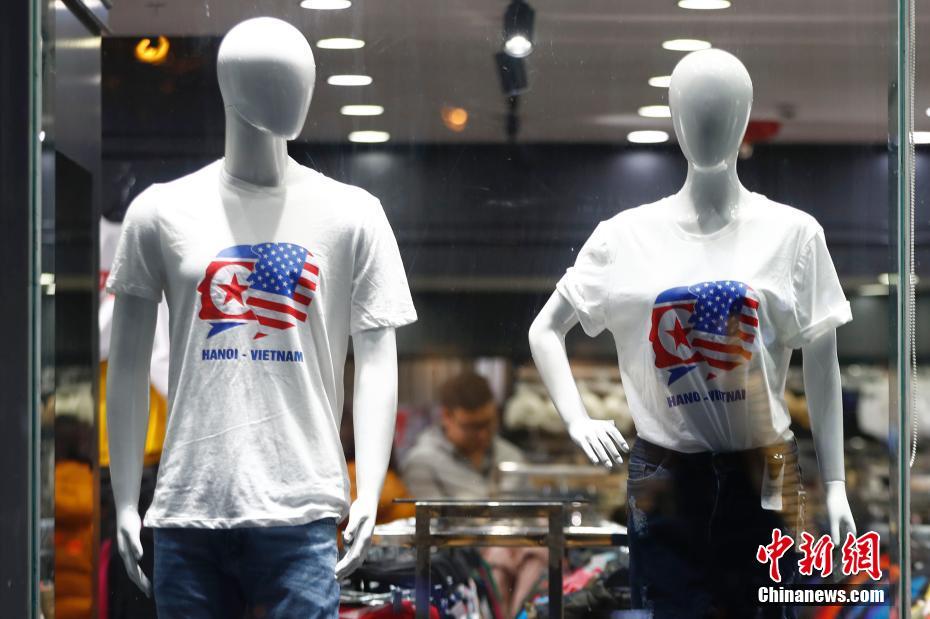【1979 Archives】

979 Archivesrevelation that Uber paid hackers $100,000 to cover up the apparent theft of 57 million people's information has raised some serious questions about how the ride-hail company operates behind closed doors. At least one senator wants some answers.
On Monday, Sen. Mark Warner of Virginia published a letter addressed to Uber CEO Dara Khosrowshahi in which he called on the CEO to address the glaringly obvious facepalms revealed in a Nov. 21 company blog post. Namely, why weren't those affected notified, and if Uber was able to identify the culprits behind the hack, why didn't it also report that information to authorities?
And Warner's not messing around, noting that he has "grave concerns" about how all this went down.
SEE ALSO: The woman who took down Uber gives her first interview since speaking up"Unlike ransomware payments, in which payment is made to recover or regain access to inaccessible data or systems, it appears the motivation behind this payment was principally to prevent the public or authorities from learning of the breach," wrote the senator. "What rationale was provided by senior executives for covering up this breach?"
The questions didn't stop there, with Warner wondering if Uber violated the Computer Fraud and Abuse Act in its efforts to identify the hackers. Because, it turns out, Uber actually figured out who was behind the hack and reportedly had them sign nondisclosure agreements.
"As you know, no private right exists for companies to 'hack back' those who compromise their systems," wrote Warner.
 Dara Khosrowshahi, most likely not thinking about covering up a data breach. Credit: SERGIO LIMA/Getty Images
Dara Khosrowshahi, most likely not thinking about covering up a data breach. Credit: SERGIO LIMA/Getty Images The hack, which Uber says occurred in 2016, reportedly exposed the names, phone numbers, and emails of riders, along with hundreds of thousands of driver's license numbers belonging to Uber drivers. That Uber chose to cover this up with a ransom payment is yet another black eye for a company already dealing with a reputation of pushing legal boundaries in its efforts to evade potential regulation.
Sen. Warner didn't give Khosrowshahi a due date for a response, but he did note that he's "eager" to get some answers.
Whether or not Uber and its new CEO can satiate Warner is anyone's guess, but if Uber's past is any indication of what's to come down the line, the senator would be advised against holding his breath.
Featured Video For You
Your next taxi driver might be a robot
Topics Cybersecurity Uber








Comments
Leave a Comment